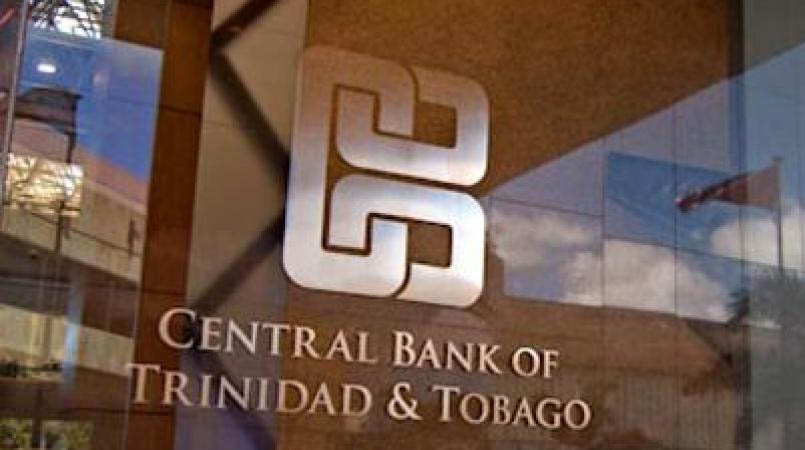The oil-producing Caribbean Community (CARICOM) state of Trinidad and Tobago has been put on notice by the country’s central bank that the recent “windfall” from the country’s oil and gas sector should not be mistaken for a long-term phenomenon and that those earnings should be directed at making such adjustments as have been rendered necessary by the ravages of the Covid-19 pandemic.
T&T’s Central Bank May 2022 Monetary Policy Report, excerpts from which were published in the Trinidad Express earlier this week, says that there may well be pressing calls on the receivables from recent oil earnings, arising out of ongoing negotiations between government and the country’s public sector trade unions over upward adjustments in salaries.
While the Central Bank report says that “recent high international energy prices have boosted T&T’s public finances and external accounts, creating a welcome space for financing further adjustment to the lingering effects of the pandemic,” it adds that the fluidity of the global setting can cause the situation to change rapidly. Accordingly, it says that care must be taken “to avoid considering this “windfall” as “permanent.”
The country’s Central Bank is urging upon government a course of action that takes account of what the Express cites as the “much-needed structural reforms” which it says should be “accelerated to reduce bureaucracy and strengthen Trinidad and Tobago’s dynamism and attractiveness in tourism, financial and other service markets”
During the final quarter of last year ”higher crude oil and petrochemical production contributed to a return to positive growth in energy sector activity” while “the end of COVID-19 restrictions boosted business operations in some non-energy sectors.” The Express reports the Central Bank as asserting that during that period “export earnings are estimated to have more than doubled, rising by 101 per cent to US$3,384.4 million over the final quarter of 2021, mainly reflecting higher energy exports.
The Central Bank reported, meanwhile that “buoyed by climbing energy commodity prices, energy exports increased by US$1,723.7 million to US$2,839.1 million. In particular, crude oil prices averaged US$77.34 per barrel over the last three months of 2021, compared to US$42.56 per barrel in the comparative period of 2020,” though its underlying message appeared to be that those numbers provided no justification for a spending splurge.



